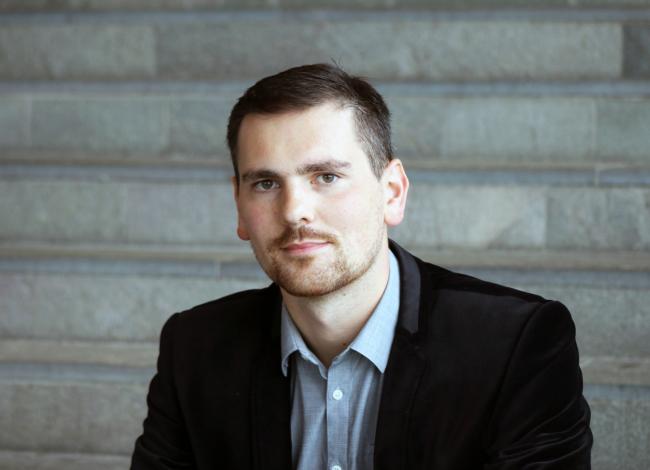Popular wisdom on innovative individuals
2018-12-19Experts who are open to change view ideas as opportunities and approach idea screening as a generative process, while conservative experts are more reserved in their idea screening activities. These are the findings of a new study where researchers at CTF, Service Research Center at Karlstad University, have examined how a person’s sense of identity influences the way in which they screen early ideas for innovation projects. PhD Student Alexandre Sukhov tell us more about the study.
There is a big focus on innovation in current media. Popular business press constantly praises entrepreneurial and innovative individuals that are able to envision the next big thing. These people are claimed to have the ability to understand the latent potential in fuzzy ideas, Elon Musk being one embodiment of this persona type. However, the truth value of this popular wisdom has not been put to the test. To address this issue, we examined how a person’s sense of identity (being open to change or a conservative person) influences the way in which they evaluate ideas for innovation projects.
To study this phenomenon, we used the theory of basic human values which suggests that individual values act as the underlying motivator for a decision. In our study, we distinguished between people that are open to change (independent thinkers that seek stimulation and self-direction), versus those that are conservative (preserve tradition, resist change, and maintain order). This, combined with sensemaking theory that has shown how people make sense of situations based on their background and values, enabled us to study how different kinds of people understand and evaluate ideas for innovation. The study was conducted with 20 experts from a leading IT-consultancy firm who individually evaluated and commented on 12 R&D project ideas.
Our findings revealed that, on the one hand, experts who are open to change viewed ideas as opportunities (preferred ideas that they perceived to be clear, novel, and had high value for the user), but they also attempted to refine and improve the quality of ideas. On the other hand, conservative experts were more reserved during idea screening, needed the ideas to be feasible, and did not actively try to suggest further improvements. Overall, the study provides four key findings with both practical and academic value:
1. By surveying people based on their values we can help managers to find individuals within their organisations that are either open to change or conservative, and assign them to do activities that are aligned with organisational goals.
2. Including people that are open to change in the early idea screening can help in understanding the latent potential of new ideas and develop them further. This makes early idea screening a generative process where ideas get refined and reworked. Adopting this kind of an approach could be suitable for companies that need new ideas.
3. Including people that are more conservative in idea screening enables narrowing down a large pool of ideas into a few candidates for further development. Adopting this approach could be suitable for companies that struggle with too many ideas for innovation.
4. We also tested a novel approach for analyzing individual decision making by looking at the ‘recipes’ that lead to perception of a good/bad idea instead of independent factors. This approach allows researchers to identify more complex relationships of how things work together, which is more in line with reality of innovation management.
Link to publication: Sukhov, A., Sihvonen, A., Olsson, L.E., Magnusson, P. (2018) That makes sense to me: openness to change and sensemaking in idea screening. International Journal of Innovation Management, 22 (8). https://doi.org/10.1142/S1363919618400091.



